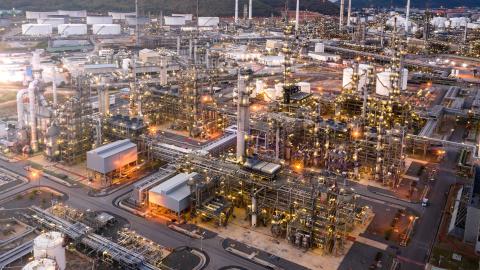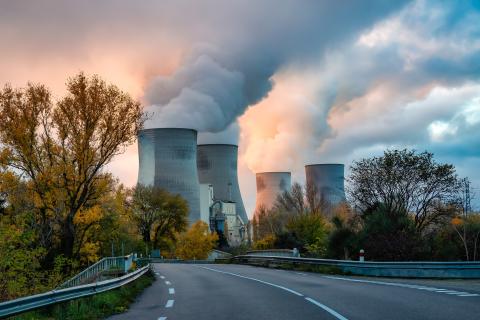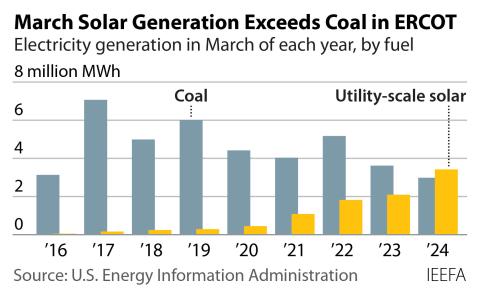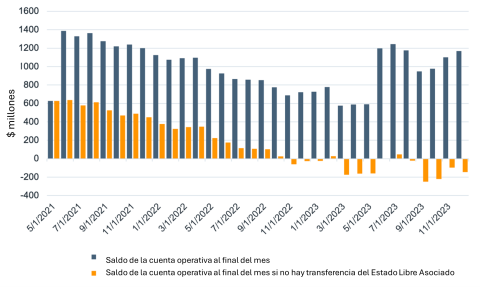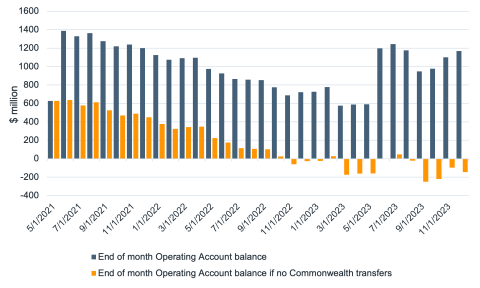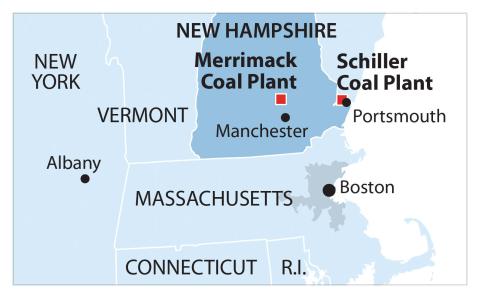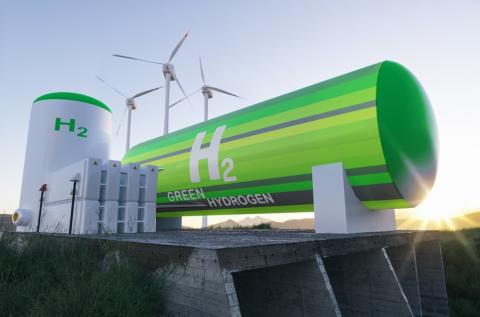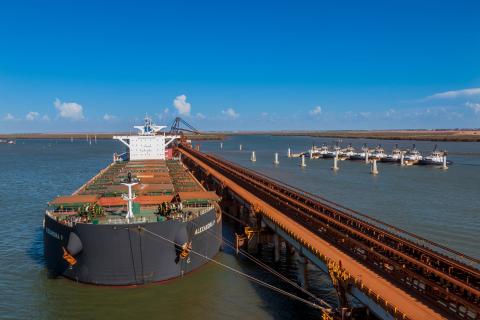IEEFA Update: Bangladesh’s coal expansion plans stir criticism
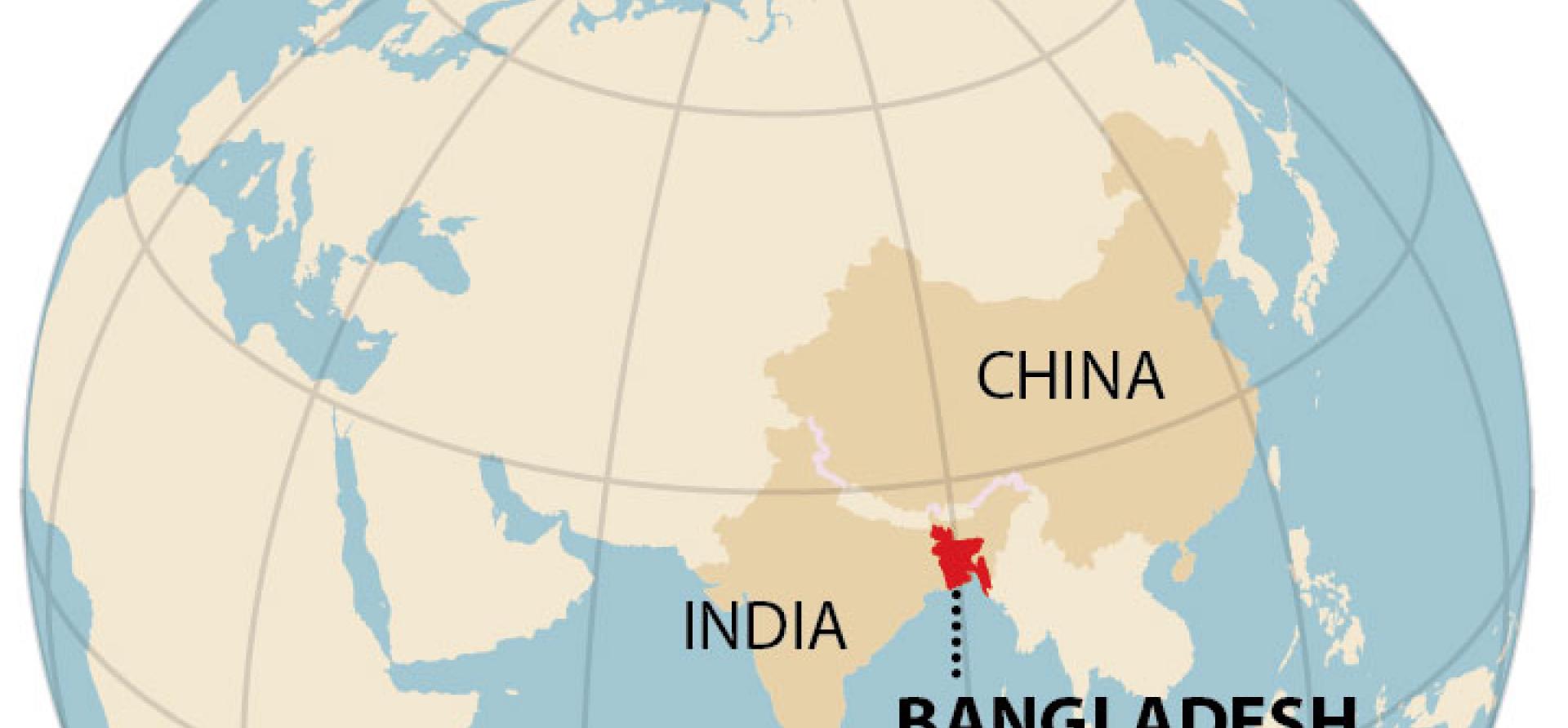
Bangladesh’s plan to increase reliance on imported coal to fuel its growing power generation system already has a long list of criticisms.
The intention to rely on imports of both coal and LNG is a poor outcome for the nation’s energy security and will place Bangladesh under increased economic pressure.
The cost of large coal power projects relative to modern renewable technology alternatives and the risk of coal price fluctuations are further negatives.
Pakistan, which is more advanced than Bangladesh in its coal-fired power build-out, has seen its first two coal plants come under major financial pressure due to the debt incurred to their Chinese developers and financiers, as well as the price of imported coal.
Bangladesh is dependent on public, concessionary finance, particularly from China.
With investors in coal-fired power increasingly hard to find as financial institutions increasingly abandon coal, Bangladesh is dependent on public, concessionary finance, particularly from China. However, Japan is also continuing to fund coal plant development using Japanese technology even as it comes under increased pressure to cease supporting coal in the run up to it chairing this year’s G20 meeting.
Japan’s development agency JICA (the Japan International Cooperation Agency) is expected to approve a further loan tranche of US$1.3bn for the under-construction 1,200 megawatt (MW) Matarbari coal plant.
The Bangladesh government is reportedly requesting further JICA loan assistance to build a second plant at Matarbari, as the existing project is suggested to be economically nonviable, being the only plant to rely on the planned coal port infrastructure.
The cost of power from the first Matarbari plant has been quoted at BDT13.5 per kilowatt hour (kWh), which translates to an astonishingly high cost of US$160 per megawatt hour (MWh).
IN ADDITION TO COST, THERE ARE ALSO MAJOR SOCIAL AND ENVIRONMENTAL ISSUES WITH BANGLADESH’S COAL DEVELOPMENT PLAN which could become additional financial risks to the coal projects.
For instance, Bangladesh already has the world’s worst air pollution problem according to a recent global survey – a problem that will only be made worse without significant regulation on coal power plant emissions which could place additional costs on coal plant operators.
And now there is the distinct possibility that coal power expansion plans will lead to Bangladesh’s World Heritage-listed Sundarbans mangrove forest reserve being placed on the UNESCO World Heritage Committee’s “in danger” listing.
A recently released draft decision for the committee’s consideration by UNESCO’s World Heritage Centre and the IUCN (International Union for Conservation of Nature), an advisory body of the committee, intends to place the Sundarbans on the “in danger list.” The committee has cited concerns over the impact the under construction Rampal coal power plant and Chinese-built plants at Payra in southern Bangladesh will have on the forest reserve.
The committee’s draft decision urges the Bangladesh government to immediately cease these power plant developments until a Strategic Environmental Assessment (SEA) has taken place, a process that will incur significant delays to the already lengthy projects.
Renewable energy is even more appropriate in light of quick build times compared with coal
The possibility of even longer time frames for coal power development makes the quick build times (18-24 months) of renewable energy seem even more appropriate for a country undergoing fast-paced electricity demand growth.
In October 2018, Bangladesh’s first truly utility-scale solar plant (28 MW) commenced operations. The proponent, Joules Power, has already signed a Memorandum of Understanding (MoU) for construction of another solar plant of 100 MW in the south eastern Chandpur district.
In November 2018, a U.S. National Renewable Energy Lab study demonstrated significantly more wind power potential in Bangladesh than previously estimated. The Bangladesh Power Development Board has consequently invited bidders for wind power projects totalling around 150MW.
Subsequently, in December 2018, the Bangladesh government approved proposals for five additional solar power projects totalling 227 MW.
In 2019, the positive trend in the country’s renewable energy development has continued.
The Asian Development Bank (ADB) approved funding for a 50MW floating solar project on Kaptai Lake in January 2019, with another being planned.
ADB, World Bank and investors from Saudi Arabia and UAE are funding wind and solar projects
And in March 2019, the World Bank approved finance for 310MW of Bangladeshi renewable energy projects starting with a 50 MW solar project in Feni district in the country’s south.
Bangladesh has also seen increased overseas interest in renewable energy investment with a deal announced in February 2019 that will see the United Arab Emirates invest in a 100MW solar power plant in Bangladesh.
In March 2019, Saudi Arabia infrastructure company Alfanar signed an agreement in the presence of the Bangladesh Prime Minister to finance a 100MW solar project, to be built by the Electricity Generation Company of Bangladesh (EGCB) in Feni district.
RENEWABLE ENERGY DEVELOPMENT IN BANGLADESH IS QUICKLY GAINING PACE, AND GIVEN APPROPRIATE POLICY BACKING, WILL PUSH DOWN THE PRICE OF RENEWABLES TECHNOLOGY EVER FASTER, as has been seen around Asia.
One great advantage to renewables is that they are unlikely to cause damage to World Heritage areas. They also have further significant benefits of increasing energy security and reducing the economic stress of fossil fuel imports.
Another key factor is the speed with which it can be installed, particularly as Bangladesh’s coal-fired power developments are now facing further delays due to significant World Heritage concerns.
As Bangladesh’s fast economic growth is matched by rising electricity demand, increased commitment to renewable energy will greatly help the nation’s power system meet that growing need, without compromising energy security or incurring the economic pressure of increased fossil fuel imports.
The government should heed concerns and review its coal plant pipeline in favour of cheaper more sustainable renewable energy.
Simon Nicholas ([email protected]) is an energy finance analyst.
Related articles:
IEEFA update: Coal is failing to bring relief to Bangladesh’s electricity system
IEEFA Asia: Bangladesh Can Transition Its Energy Markets Onto a Lower-Cost, Sustainable Pathway
IEEFA Update: Signs in Bangladesh of a Budding Electricity-Sector Transition


